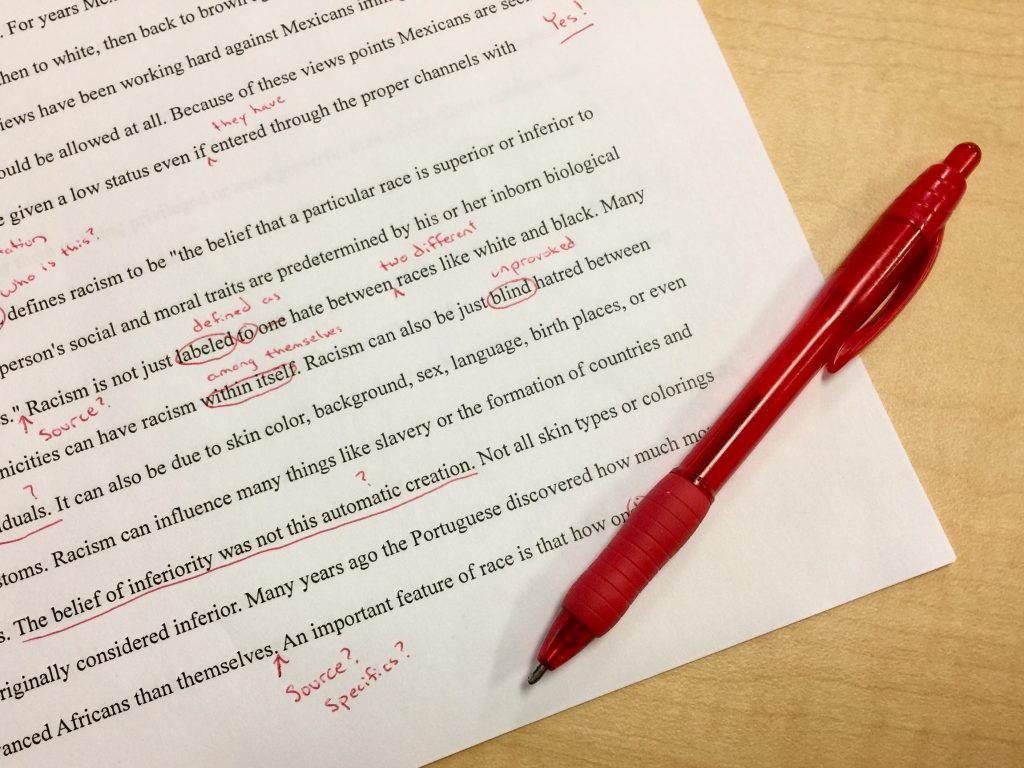How does a writer make their writing more dynamic? This is the question every writer wants an answer to…. at least if they want strong writing.
So let’s define the type of writing I’m talking about. I’m not talking about dialog – conversations have their own quirks and breaking the rules is acceptable if it’s purpWoseful. I’m also not talking about academic or formal writing. Fiction writing is different from all those other types of writing.
In fiction writing, we use words which aren’t needed. Are they added to pad the number of words? I think they’re added because it’s easier to write using them. Here are a few of them:

That
Often we use this in place of other words like who or which. The way to know which word to use is by looking at the clause (huh? what comes after it) it’s attached to. The bike, which is red, has a flat tire. Should which be that? It depends. If there are multiple bikes and the color defines the bike you refer to, you use ‘that’ and there would be no commas. If the color is just additional information, you use which and commas.
When it comes to who, who is used when people are involved. That can refer to people, animals, groups, or things. If people are involved you use who. Now this is English so it’s messed up – when it comes to groups you use either who or that.
There are times when you don’t need that but it’s put in because it “sounds” better. Most often the ‘that’ is not needed. Here’s two examples from Owl Purdue
Wordy: I received your inquiry that you wrote about tennis rackets yesterday, and read it thoroughly. Yes, we do have. . .
Concise: I received your inquiry about tennis rackets yesterday. Yes, we do have. . .
I’ve done a lot of editing and most authors overuse the word ‘that’. Part of the reason for it is because we use it speaking.
Passive voice vs Active voice
I know I’ve talked about this before but here’s a quick review of the topic. Passive voice slows down your pace and is an indirect way of describing something

Passive Voice
The boy was bitten by the dog
Active Voice
The dog bit the boy
In the passive voice sentence the verb includes a be verb (am is are was were are been – per Perdue Owl.
Now in an action scene passive voice slows down the action.
Passive – The boy was chased by the dog he teased.
Active – The dog chased the boy who teased him.
Overused words
Now you can google and see which words the powers that be say are overused. But slow down your reading of the book and analyze what you overuse. That is one for almost every author. But there are others.
In my early writing everything was done quickly. Apparently my characters did all their action fast. I’ve found other words and also stopped making my characters rush.
But I have a list of words I know I overuse.
How do I eradicate them? I search for each one and highlight them. When I do my read throughs, I look at each highlight and try to get rid of it – especially when there’s a paragraph full of them.
Now I never get rid of all these words – and I don’t want to. Sometimes passive voice is good, sometimes you need That or other words like it. The point is to look at these things and see if the alternate is stronger than what you have.

